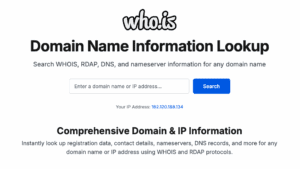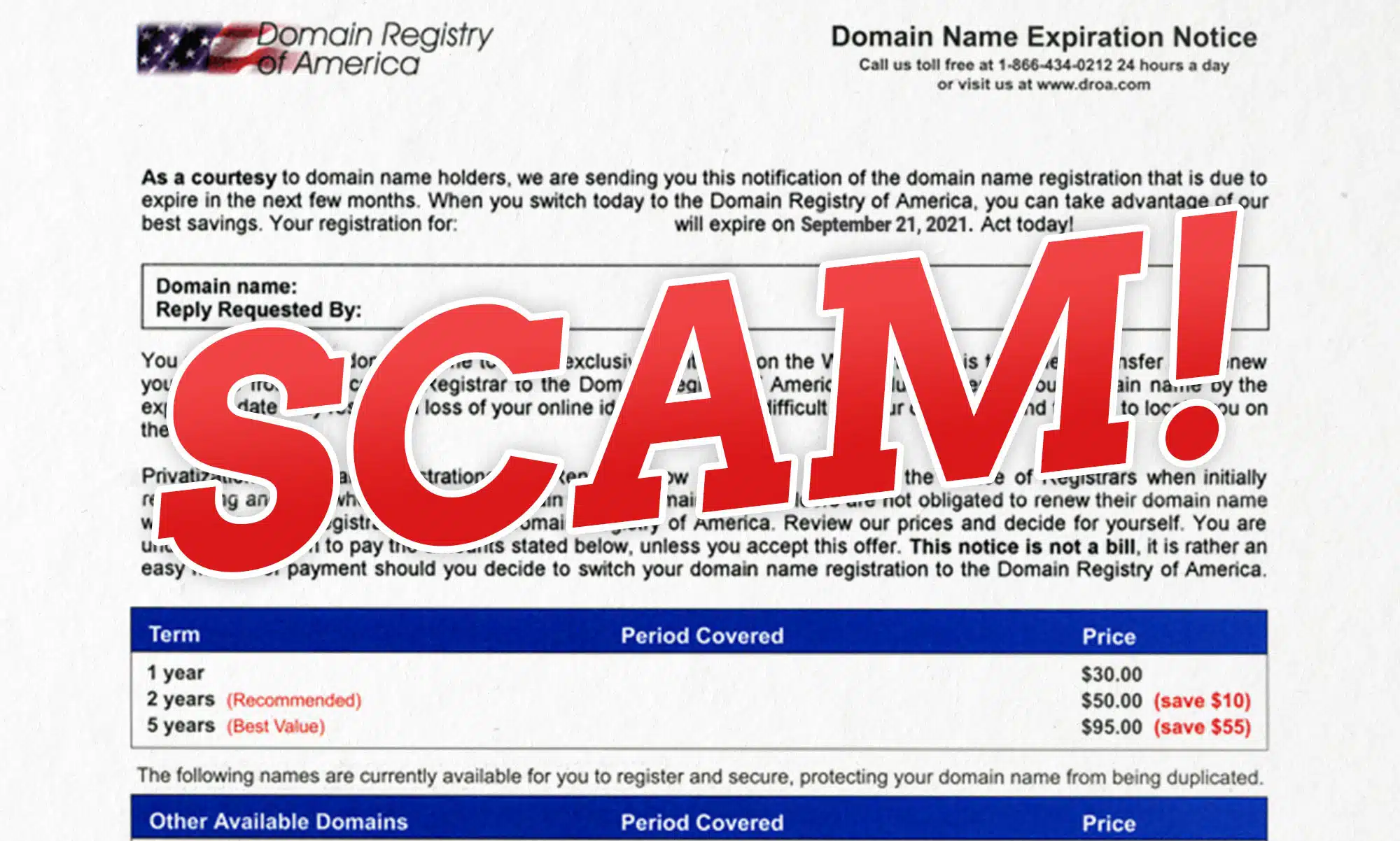Are You A Domain Buyer? Here’s How It Works
Whether you want to buy names to sell straight away or hold them in your portfolio, there’s a lot to learn if you want to be a big-hitter in the domain buying and selling world. Domain name expert Joe Uddeme shares his top tips for domain buying success. Both buying and selling domains can be an exciting adventure – and it can even be a profitable endeavor. If you’re trying to get into the domain-buying game, or are simply looking for someone to buy a domain you want to sell, you need a little more information about how it all works. The actual odds of you cashing in big amounts of money from your domain aren’t high (unless you’re sitting on a desirable two- or three-letter domain name that isn’t currently in use). But if you have no idea what you’re doing, you might also be wasting time and money. If you want to make it big, you need a tried and true process to help guide you. This post covers our top tips to help you find a domain buyer or to be a domain buyer – and insert yourself into the domain buying and selling game the right way. Key Takeaways The importance of research when buying and selling domains Understand your audience Promote your domains to attract the right buyer How a domain broker can help Domain Buyer Tips Though the internet isn’t very old in real terms, there are already millions of domains already registered. And yet there’s still an endless amount of combinations available to register. That’s not even including the hundreds of new domain name extensions available (think .net, .club, .ai and so on). Do A Little Research – Get Focused The first thing we recommend is to do a little research before you get started. If you’re looking to buy a domain, start with what you already know. What are you already an expert in? Buying the right domain is much easier when you have a knowledge of the industry so that you choose something that will 1) actually sell, or 2) be a great domain for your business. If you know fishing, for example, you’ll know just the things your fellow marlin hunters will be searching for. Is there a domain name available that fits? Start your domain name search based on keywords related to the things you’re familiar with. If you KNOW it’s going to be valuable, it will be much easier to sell. Check the strength of a keyword with tools like Google Trends or Keyword Planner or similar SEO tools. We highly recommend working with a domain broker who knows the marketplace. They’ll be able to give helpful suggestions and help you avoid costly mistakes. We do NOT recommend targeting a prospective domain buyer based on their potential economic status. Targeting a certain demographic that you don’t know anything about could be an expensive error. You might also be missing specific rules associated with the industry you’re going after. The bottom line is, you won’t make any money if your buyers can’t use the domain you bought. Know Your Audience If you understand your audience, you’ll be able to really generate sales of domains you buy. If you’ve got a great domain, you can hold onto it for years and probably make a decent profit. Maybe you’ve already monetized the domain with an active website and put in some great SEO efforts – things that can help make your domain worth a lot more to a potential domain buyer. These types of well researched domains can end up paying for themselves. Talk to a domain broker. The industry’s big-hitters will have the knowledge you’re looking for and be able to steer you in the right direction for domains that will actually benefit the buyer. Domain Seller Tips Evaluate Your Domain It is so important that you actually have access to domains that would be a valuable asset to domain buyers. Put yourself in the buyer’s shoes. Would the domain name you’re selling actually be beneficial to a business or organization? Similarly, if you’re the one buying, have a domain broker assess the value of the potential domain. Would having this domain make it easier for clients to find you? Will having that particular domain make it easier to rank higher on search engines? Would your profits increase based off of this particular domain name? Don’t buy anything without knowing its true value. Get Your Domains Out There There are many different avenues for getting your domains out to potential domain buyers. Again, we suggest doing a little research. If you’re using a respected source, you’ll have a much better chance of getting your domains sold. The best suggestion we have is to work with a sell-side domain name broker who knows the market. You can also use a distribution network to make sure you’re getting the right domain in front of the right buyer. Maybe you already know who might benefit from the domain name? Start a conversation and convey that you already understand what the domain is capable of achieving. However, if you don’t already have a place to show off your domain, partnering with a domain buying and selling brokerage business will take the pain out of everything and increase your chances of a profitable sale. Choosing the right broker If you’ve purchased one or more premium domain names and want to sell them, why leave anything to chance? Working with a broker who spends every day in the market is the way to go. Not only do they buy and sell millions of dollars worth of domains every year, they also have a network already established. They might have a long list of buyers and sellers lined up before you even set up a meeting. Domain brokers are able to accurately assess the value of potential domains, and also help negotiate on your behalf. They also know all the paperwork and legal processes that come with buying and selling domains, which means that you don’t have to worry about any of it. Look for one with a strong track record, ideally one that can demonstrate experience in high-level transactions. Global experience can be helpful, too, especially if you want to secure the international TLDs for a specific name. About the author Joe Uddeme is Director and Principal of Name Experts, one of the world’s leading domain name brokerage services. He has overseen domain name sales and acquisitions totaling more than $150 million and is renowned worldwide as a go-to expert in buying and selling premium domains. Contact us at: [email protected]








